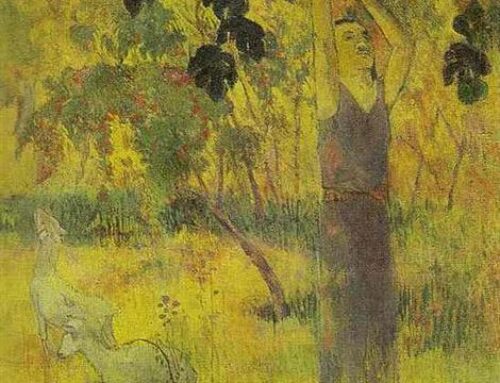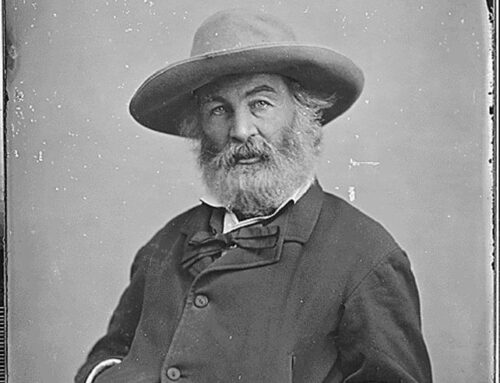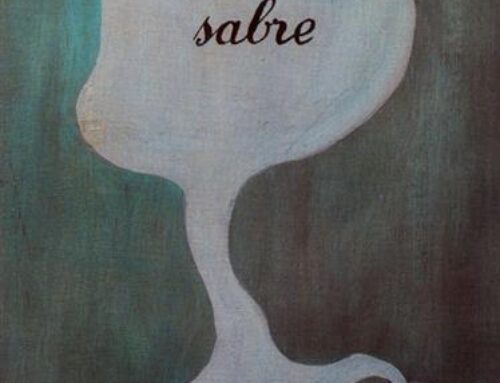Announcing the Age of Machines: trumpeting the advantages in 1824, long before AI.
The Academy of Sillographers, ardently desiring to advance the common welfare, and esteeming nothing more conformable to this end than the promotion of the progress of the fortunate century in which we live, as says an illustrious poet, has taken in hand the careful consideration of the nature and tendency of our time. After long and mature consultation, the Academy has resolved to call our era the Age of Machines; not only because the men of today live and move perhaps more mechanically than in past times, but also on account of the numerous machines now invented and utilised for so many different purposes. So it may now be said that machines, and not men, manage human affairs and conduct the business of life. This circumstance greatly pleases the said Academy, not so much because of the manifest convenience of the arrangement, as for two reasons, which it thinks very important, although ordinarily they are overlooked. The one is the possibility that in process of time the influence and usefulness of machines may extend to spiritual as well as material things. And as by virtue of these machines and inventions, we are already protected from lightning, storms, and other such evils and terrors; similarly there may be discovered some cure for envy, calumny, perfidy, and trickery; some safety-cord or other invention to deliver us from egotism, from the prevalence of mediocrity, from prosperous fools, bad and debased persons, from the universal spirit of indifference, from the wretchedness peculiar to the wise, the cultivated, the noble-minded, and from other discomforts which for many centuries have been more invincible than either lightning or tempests. The other and chief reason concerns the unhappy condition of the human race. Most philosophers despair of its improvement, or the cure of its defects, which probably equal or exceed in number its virtues. They believe it would be easier to entirely re-create the race in another way, or to substitute a different “genus” altogether, than to amend it. The Academy of Sinographs is therefore of opinion that it is very expedient for men to withdraw from the business of life as much as possible, and gradually to resign in favour of machines.
Giacomo Leopardi, “Prize Competition announced by the Academy of Sillographs,” in Essays and Dialogues, trans. Charles Edwardes (revised), London 1882.
N.b. “Sillographer” is an arcane word for “writer of lampoons or ridicule,” underlining Leopardi’s parody.






Leave A Comment